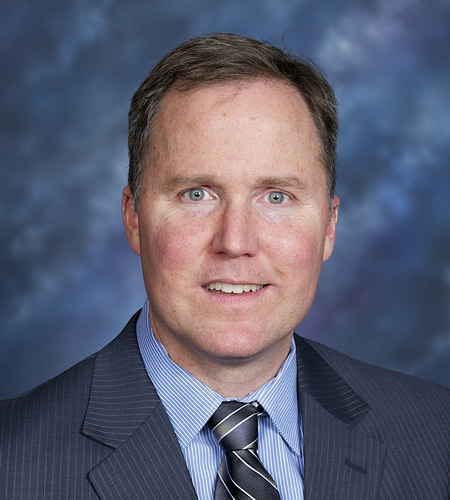A new cardiac surgeon was interviewing for a position at Three Crosses Hospital, a new facility that will emphasize cardiology and cardiac surgery as its top service line. The surgeon is from New York, so moving to Las Cruces New Mexico would be a culture shock. I felt the best way to get a cardiac surgeon past that type of shock is to formally introduce him to the team that he would be working with. There is a saying among cardiac surgeons: “Its always 70 degrees and sunny in the OR.” What that means to me is that the happiness of a cardiac surgeon depends more on an effective OR team than a great lifestyle.
The entire team accepted an invitation to dinner at a local restaurant to meet the new surgeon. They were all attentive as I started an introductory speech. My own academic background has left me with an annoying habit of making formal presentations at these types of events so no one acts surprised at this point by my unorthodox and somewhat awkward speeches. There were some of the typical interruptions that happen at a dinner meeting (e.g. table too small for the number that showed up) so I’m not sure they got the full message that I tried to convey. It is for this reason that I took the time to write down the introduction I made that night and send it to my beloved team:
Dr. Joyce, I have thought deeply on how best to introduce you to my team. I think the one term that best sums them up is a “motley crew of overachievers”. I choose the term overachiever advisedly. Growing up in the 80’s, the terms over- and underachiever were very common labels of student performance (everyone was overachievers in my family except me). This term has now taken on a variety of negative connotations. Specifically, there are three main problems with being an overachiever. Understanding these three problems is what uncovers the unmistakable strengths of the Mountain View cardiac surgery team.
The first problem is that overachievers achieve beyond what is expected of them. More specifically, they achieve beyond the level of their education, training or skill. The “establishment” – those who make the rules over handshakes in committee rooms full of cigar smoke and $500 scotch – would criticize this type of achievement as not sustainable. But…if you have the courage to ask questions and look behind the curtains, you will find out that these rule makers have no more credibility than any of us. Their “required prerequisites” handed down from the mountaintop are usually unproven and the training and skills they emphasize don’t correlate with success. In yet another example of life imitating art, the Wizard of Oz ends up just a small man and a fraud. Our team wears the scorn of these imposters as a badge of honor.
The second concern of overachievement is that it places us outside our comfort zone. Taking care of patients under these circumstances creates stress, which can then lead team members to get flustered and reduce their level of performance. If this is the case, overachievement is inherently unsafe. However, such a conclusion depends on stress always being bad. Its not. Our team has shown resilience in response to stress. After over 300 cases together between 2016 and 2017 – many that were exceedingly high risk – we have now become inoculated and acclimatized to stress like the patient no longer allergic to penicillin after desensitization therapy. We reframed the meaning of stress and now use it to improve performance. Just like conflict – it is a double edged sword. We defused the power of stress to cause undue anxiety in individual team members once we uncovered it as the driving force to pull us together. Stress as a shared experience has guided us towards our ultimate goal – a collective sum greater than its individual parts.
A final problem with overachievement is that it can signify a person with deep personal flaws. No one is motivated to overachieve unless it is to compensate for more important things that are lacking in their life. This criticism would have merit if what we were doing was selling Twinkies. It would make no sense to give up our quality of life to become the best team at selling a food with no nutritional value that will never decompose. However, we are dealing with the most vulnerable members of society – those that must undergo heart surgery. We focus on achievement for the best possible reason – to strive for zero preventable errors. If humans are involved, we will never achieve zero errors. But the only thing that allows us to look the scared patient in the eye and say that everything will be OK is that we are part of a team that wants to overachieve. Anything less is unethical.
Dr. Joyce is going to love working with this team.
